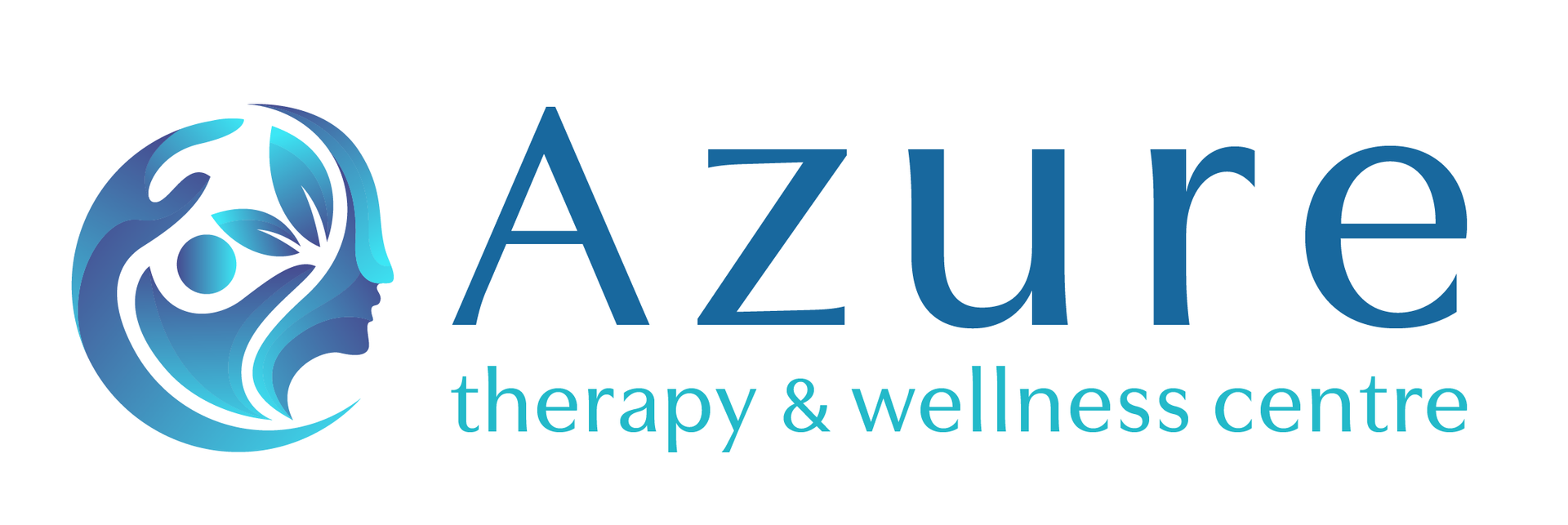Counselling and Psychotherapy may both be used as umbrella terms that cover a range of talking therapies. They are delivered by trained practitioners who work with people over a short or long term to help them bring about effective change or enhance their wellbeing. Counsellors have usually trained at a college, university or with an independent organisation; the length of training and qualifications can vary widely. Psychotherapists have undergone a longer training, typically up to 6 years. Training involves theoretical and practical elements including extensive personal therapy, and this extensive learning allows them to work with more complex and often long-standing issues.
Coming to therapy is an opportunity to develop a trusting relationship with a therapist who has empathy and who uses their experience and skills to work with you effectively, in a way that is open, non-judgmental and insightful, so that you can make the changes that you choose. Therapy appointments typically last for 50 minutes and the amount of sessions you have depends upon the issues you wish to explore.
Sometimes therapy is short term, an approach which helps people deal with life difficulties and get back on track. It focuses on what is happening in the here-and-now, with 5-10 sessions often typical. These sessions allow you to discuss and explore any problems causing distress and help to overcome them.
Sometimes therapy is open ended and longer term, working at your own pace. It offers time and space to explore questions to do with life, love, relationships and purpose and work with psychological, behavioural and emotional problems. The therapist and client develop a rapport so that together they can explore emotions and experiences that are the cause of feelings such as anxiety and depression or serious mental disorder. This therapy is a way of exploring the links between the past and present and taking the time to understand how issues in early life, such as difficult experiences or relationships when growing up, may still be affecting you. By understanding our thoughts, beliefs and personal or childhood experiences, therapy offers a space to develop your awareness and insight and make the changes you desire.
Common themes which people bring to therapy are:
- Difficulty making or sustaining relationships, or repeatedly becoming involved in unsatisfying or destructive relationships
- Problems with relationships, including difficulties with family members, partners, ex-partners
- Difficulties with feelings, emotions, thoughts
- Difficulties in coming to terms with losses such as bereavement, divorce or loss of employment
- Problems with stress
Other themes include:
- Feelings of depression, sadness, grief or emptiness
- A lack of purpose/direction
- Inability to deal with stress or recover from stressful situations
- Uncertainty around identity – questions such as Who am I?
- Problems in transition – change in life circumstances e.g. new job; after graduating; relocating; coming out of prison
- Childhood trauma
- Childhood abuse
- Sexual abuse
- Extreme mood swings
- Lack of confidence or excessive shyness
- Anxiety or an inability to cope or concentrate
- Sexual problems
- Eating disorders
- Self harm
- Obsessive behaviour
- Panic attacks and phobia
- Addiction
- Bipolar disorder
- Personality disorder

